Kikuji Kawada
2011 − phenomena
Sep 4 - Oct 31, 2012
Photo Gallery International
-
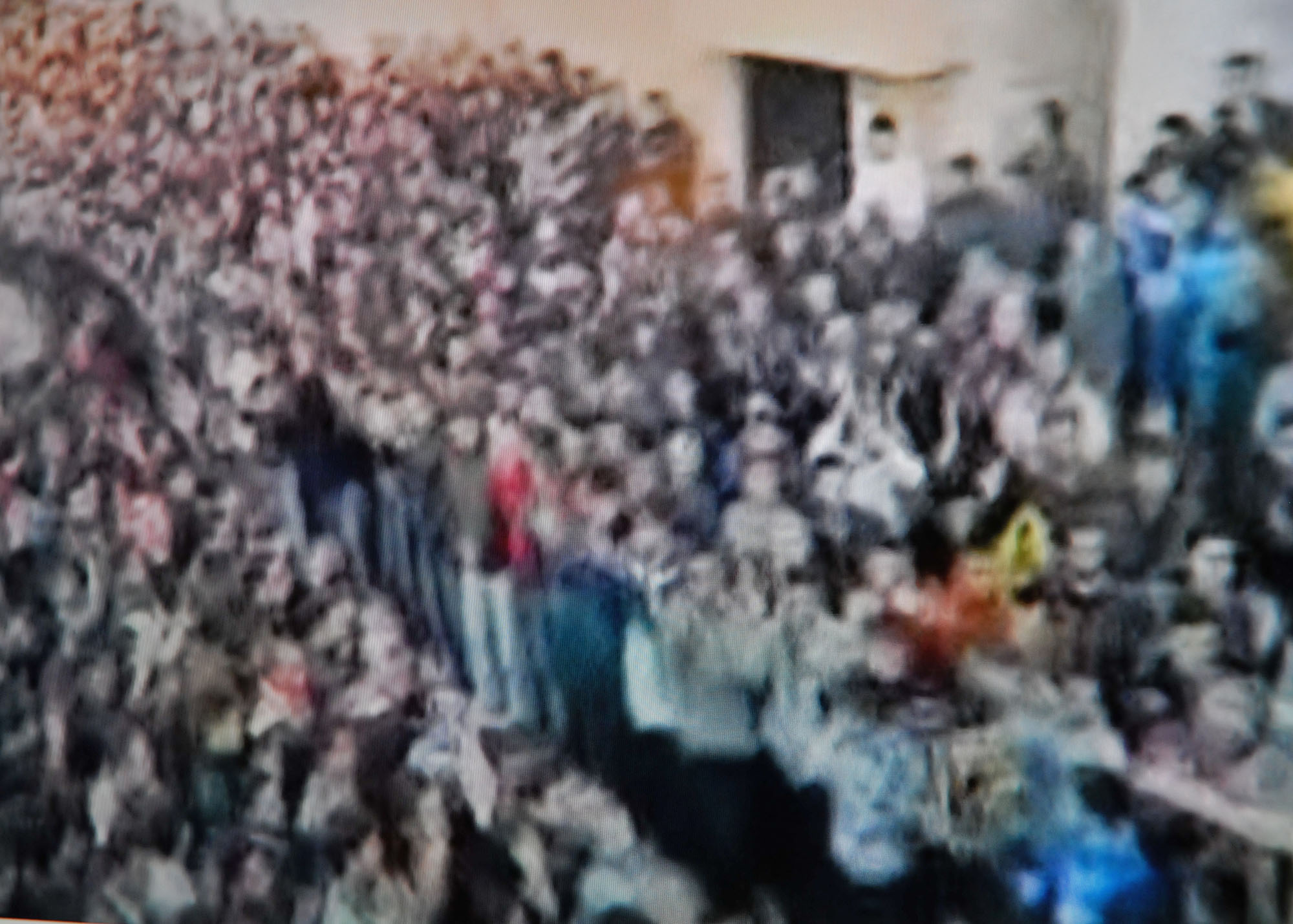
©Kikuji Kawada
-
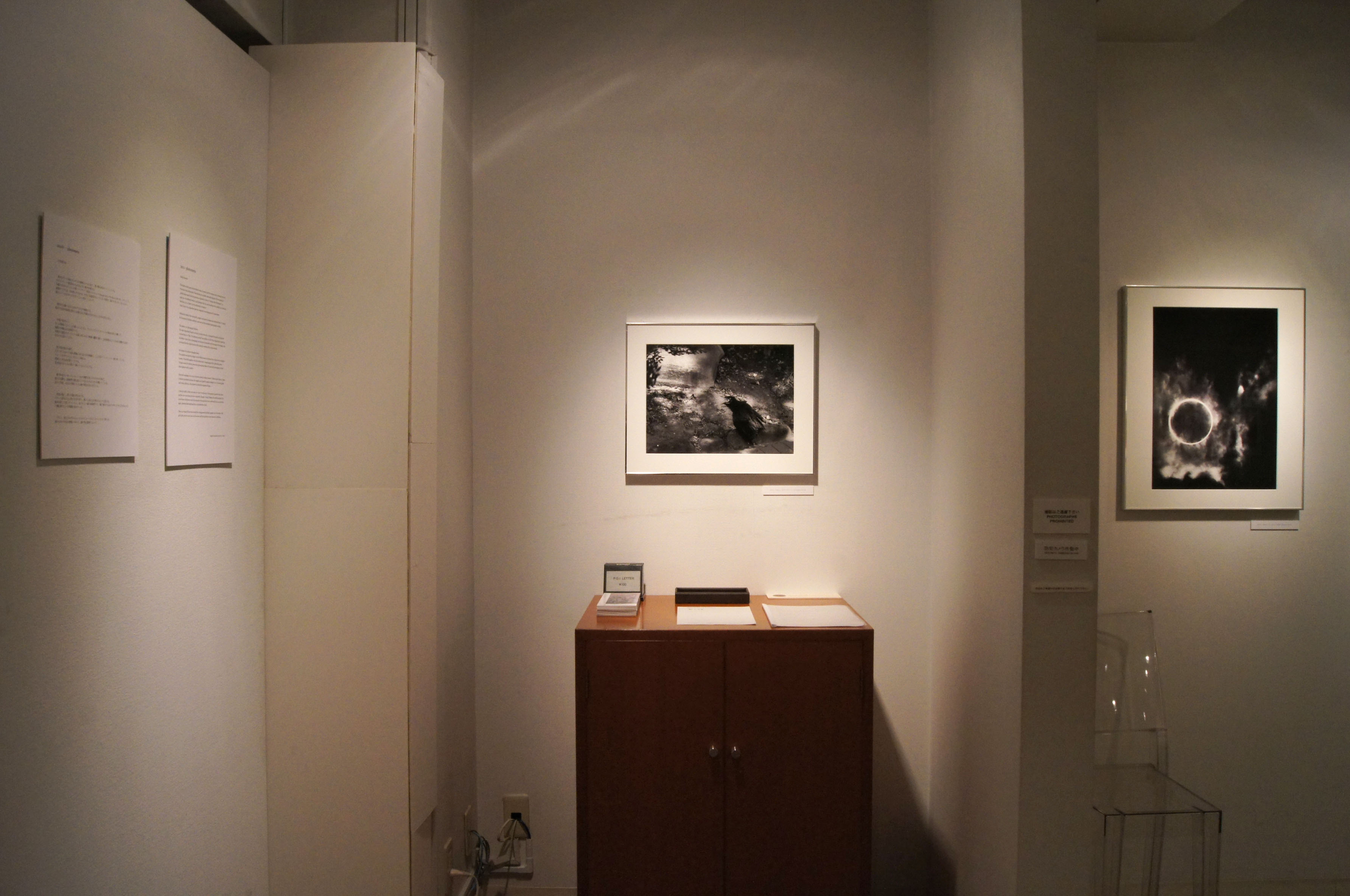
-
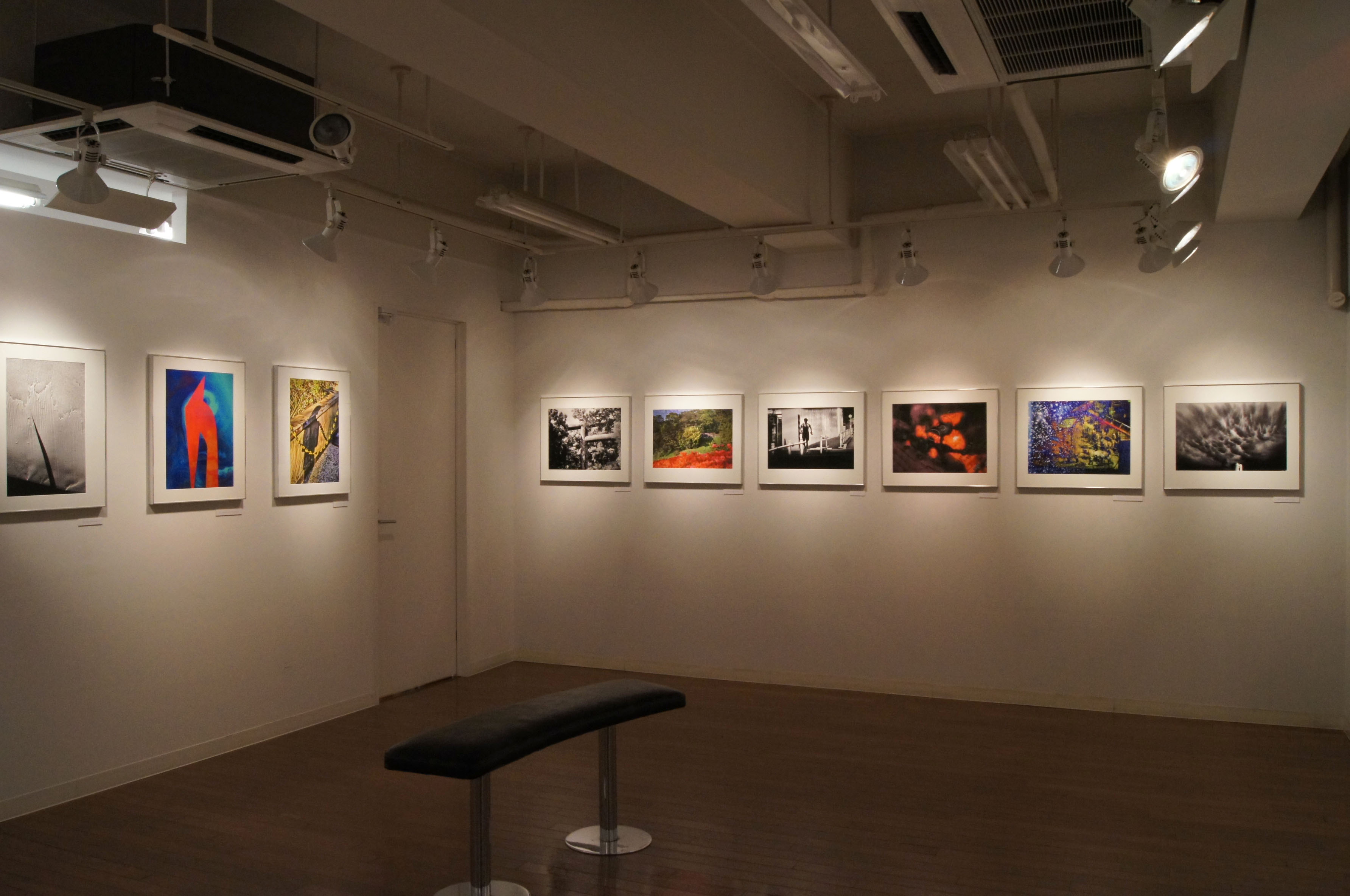
-
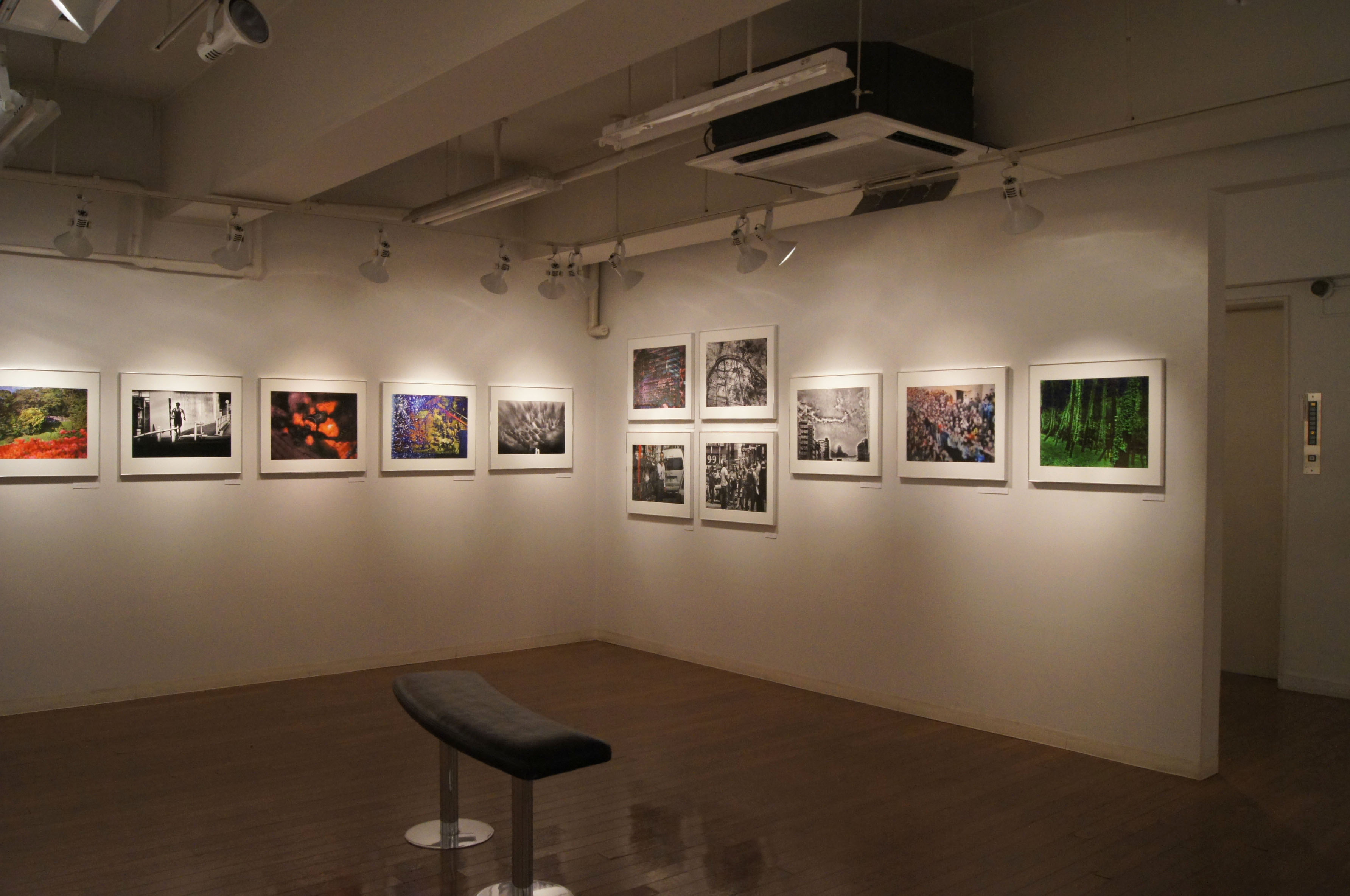
-
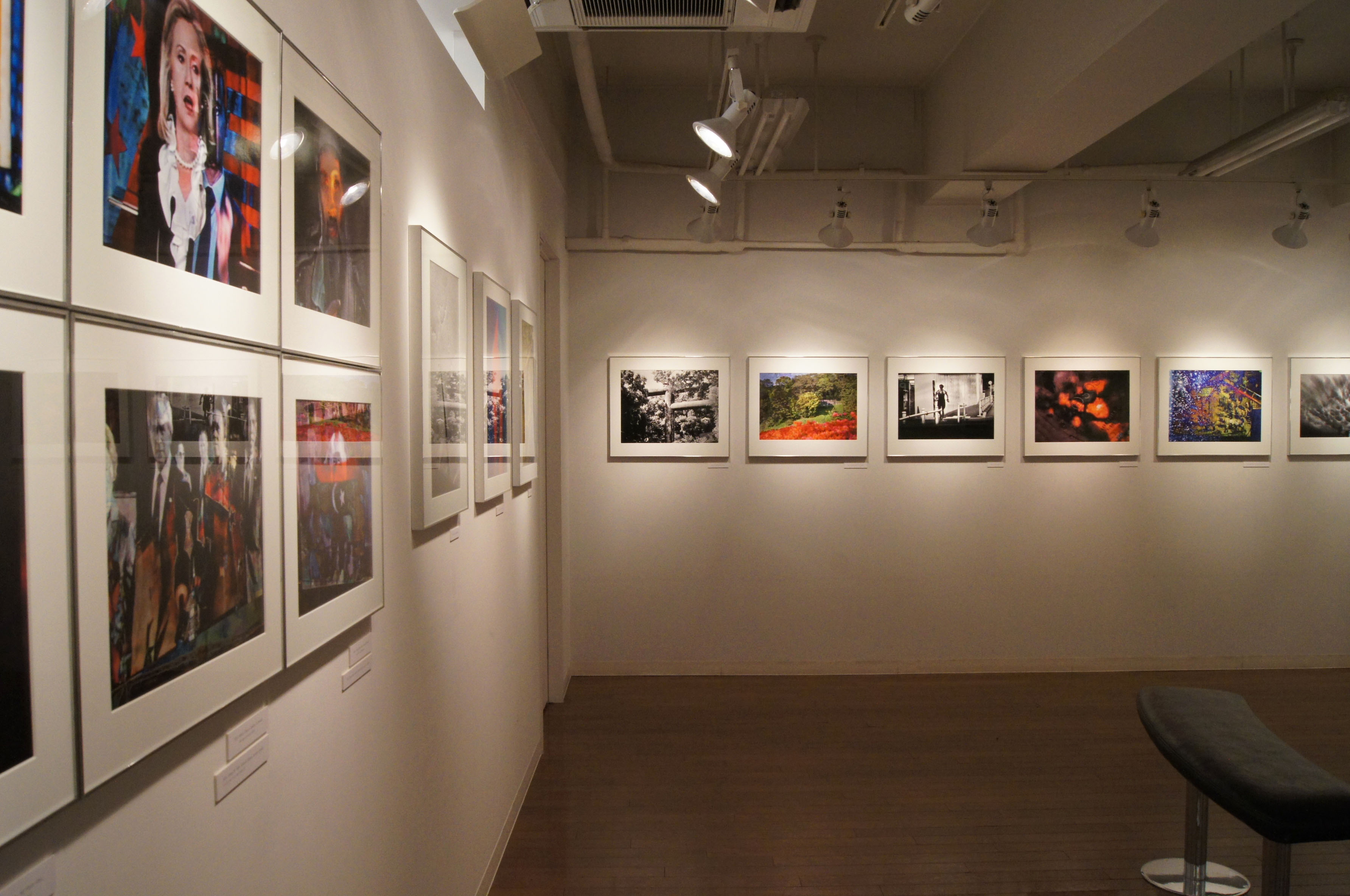
-
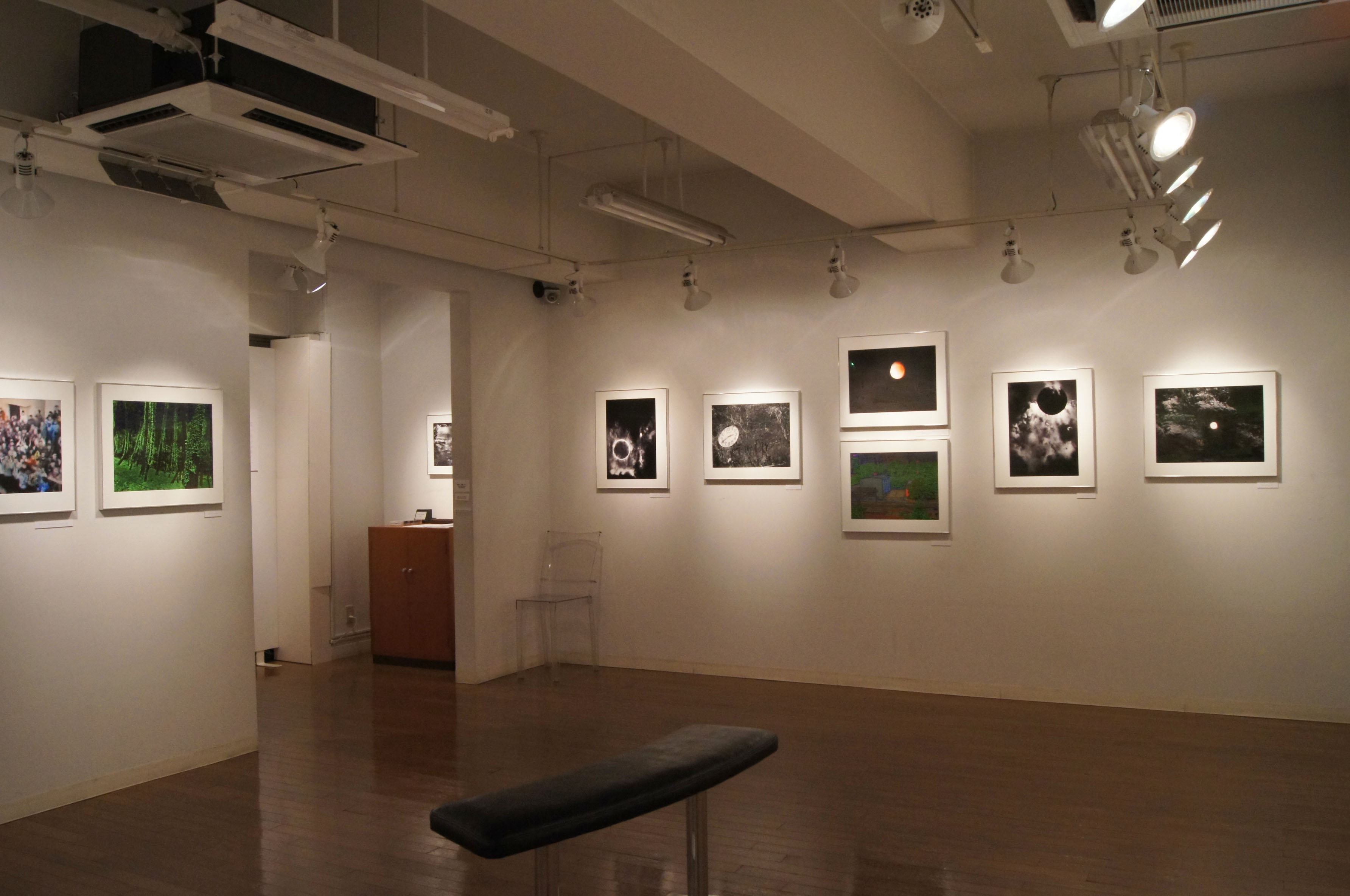
Photo Gallery International is pleased to announce the exhibition of Kikuji Kawada’s newest work “ 2011-phenomena.”
Kikuji Kawada’s book “The Map”, (1965) , perhaps his best-known work, is metaphor that encodes the collective unconscious memory of Japan’s defeat in World War Ⅱ.
Since then he has continues to challenge our intellect with fresh and clairvoyant images. As he describes it, he always photographs “at that time and at the place.”
His photographs have shown how people and cities affect the way that an era happens. With his new work, “2011 – phenomena.” he photographed phenomena that became observable after March 11th, 2011.
The Tohoku earthquake, and resulting nuclear accident at Fukushima Daiichi have become unforgettable phenomena. Kawada lives in Tokyo, there was less damage compared to Tohoku, however the character of the city changed.
Within the rubble of the metropolis, negative and positive images are scattered about. To search for the secret of a hidden existence, one must use the remaining photographs as clues. The shadow of a photograph declares.
The most important thing for me was to stand on the site. I witnessed Chernobyl and also the suicidal blazes in Tibet. The ultimate portrait was sublime for all. When beginning to search for the hidden vision from a photograph, one becomes intoxicated with the magic of the image, and you forget that the original power of the euphoria weakens like a legal narcotic.
The enigma of a shadow changing shape.
The negative and positive images are the lifeline meant to descend into a deep ocean of singular mystery. Words fall together with the marine snow. Images appear like a glass-like prawn. Trying to search for shining stars from phenomena. Before the stars fall, attempting to catch them together with a shadow.
Electronic montages are a way to discover several random chances. Violence and crime, or when a dictator transforms his face, the negative and positive images whisper to us. A blurred photo and a fuzzy photo too, they inform us about the enigmatic fringes.
From “2011-phenomena” by Kikuji Kawada
The new series includes works with titles such as “phenomena, chaos cloud, sun, moon,” “V.I.P.,” “phenomena, chaos” and “Lost Child.”
The materials for these photographs comes from shadow, celestial objects, television and places with a distinctive character. He presents these images in a way that makes these normally familiar scenes unfamiliar. In this way, the work poses the question, “what is really happening now?”
Born in Ibaraki, Japan in 1933. He joined Shinchosha in 1955. He became a freelance photographer and co-founded the VIVO collective in 1959 together with Eikoh Hosoe, Ikko Narahara, Shomei Tomatsu, Akira Sato and Akira Tanno.
In 1965 he released The Map, a groundbreaking photo book loaded with postwar political metaphor, and he continues to challenge our intellect with similarly fresh and clairvoyant images to this day. Kawada describes his work as “an expression of a specific scene in time and my relationship to it, framed accordingly, and the style born from the exchange.” These days Kawada can be found posting images and photographic musings to his Instagram account.
Exhibitions at PGI
| Shadow in the Shadow, 2019 |
| Los Caprichos – Instagraphy – 2017, 2018 |
| Last Things, 2016 |
| 2011 – phenomena, 2012 |
| NIKKO – A Parable, 2011 |
| World’s End 2008-2010, 2010 |
| Remembrance of a Remote Past – A Memoir 1951-1966, 2008 |
| Invisible City, 2006 |
| The Map 1960 – 1965, 2004 |
| Eureka, 2001 |
| CAR MANIAC, 1998 |
| ZENO – The Last Cosmology, 1996 |
| Los Caprichos 1970-1980, 1986 |
| Nude Museum, 1984 |